WHY IS ORGANIC COTTON BETTER?
When you shop for your clothes, do you take a look at the fabric content of what you’re buying first? Buying certified organic cotton over conventional cotton is one of the most sustainable swaps that you can make in your closet.
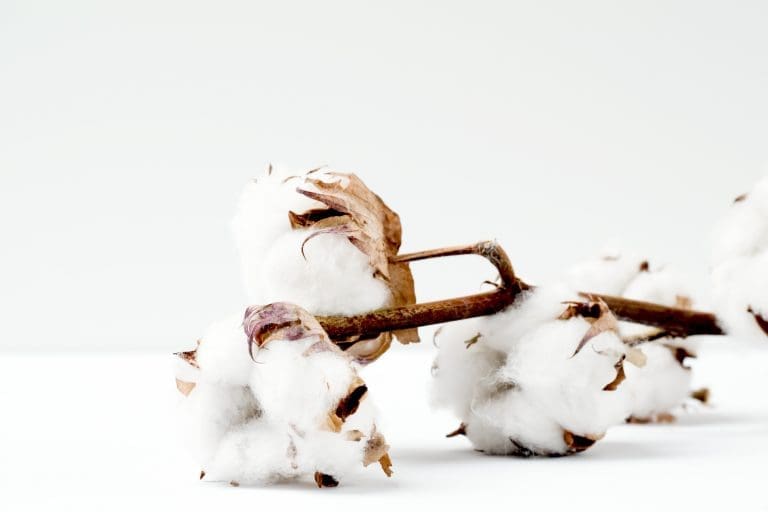
If you’re someone who thinks about where your garment comes from, you may have wondered about just how the cotton you wear is grown, harvested, and turned into the fabric hanging in your closet or folded in your drawer. After all, cotton is a crop that farmers harvest from the earth… does that not mean that it is always going to be a natural material? Doesn’t natural mean good for the earth? Well it turns out that there are a lot of harmful practices in conventional cotton production that create a big difference between ‘natural’ cotton and organic cotton.
If you look through your clothing, it’s likely that at some point you’ve owned a 100% cotton t-shirt. We all probably have, it’s one of the most common, conventional materials used! If the label doesn’t say certified organic cotton, that means that this is regular cotton. While this is technically a natural material, the process of farming regular cotton is what makes it commonly called the ‘world’s dirtiest crop’.
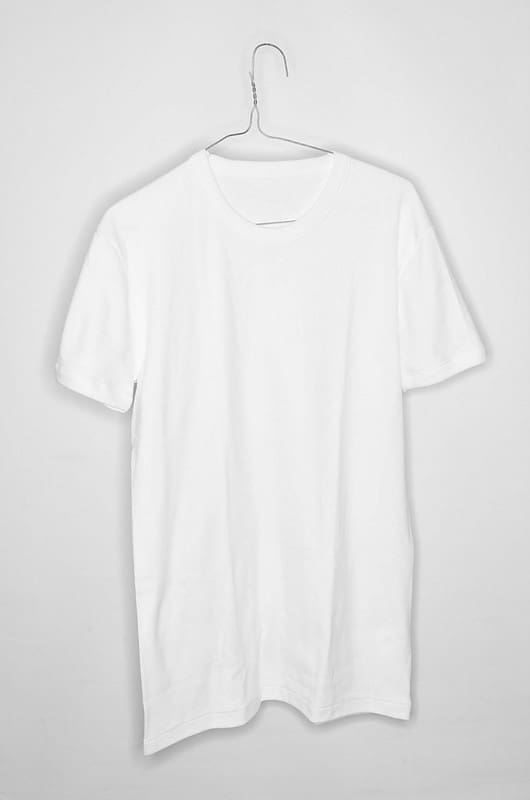

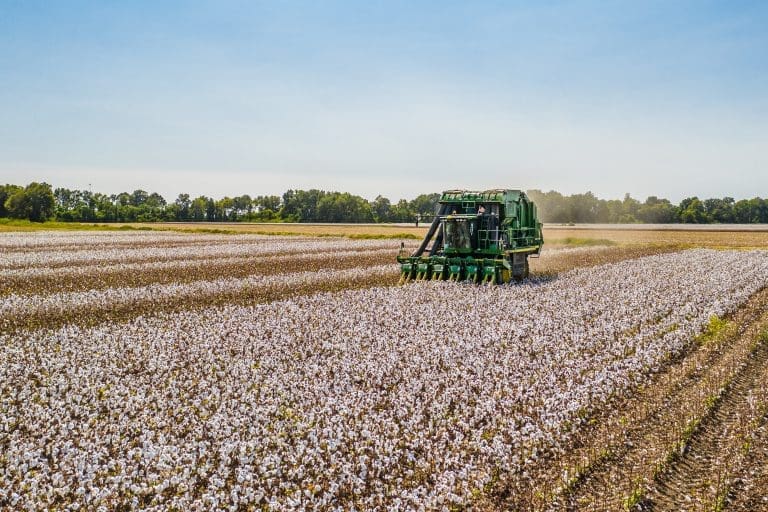

When conventional cotton is farmed, it is replanted on the same soil over and over again with pesticides and chemicals. This drains nutrients from the earth and is one of the reasons that cotton consumes so very much water – it is desperately trying to stay alive! As a result, more water used during farming to try to replenish this damaged soil and get the cotton to survive.
On top of this, the toxic pesticides used in this process of conventional cotton farming pollute groundwater, causing damage to surrounding supplies. In fact, cotton production is responsible for 16% of all insecticides worldwide. Just imagine, that percentage could be eliminated by producing and wearing only organic cotton!
When it comes down to understanding why, the first thing to consider is water consumption. Non organic cotton is a very thirsty crop. According to the World Wildlife Fund, it is said to take 2700 litres of water to produce a single cotton t-shirt. This is one of the huge differences between non organic cotton and organic cotton farming. The good news is that this isn’t entirely down to cotton as a plant in itself – there are plenty of ways to farm cotton that do not require such wasteful levels of water consumption.
You see, in the production of organic cotton, the use of GMOs (genetically modified organisms used to produce pesticides) is actually not allowed in order for a crop to meet the global organic textile standard. This means that there are no harmful pesticides and fertilisers at play. Organic cotton farmers replace these with other processes like using beneficial insects to ward off the harmful ones, a simple change that prevents the pollution caused by the pesticides of normal cotton.


Organic cotton also uses a process called crop rotation, in which the cotton is gradually shifted to different soils each time its grown. This greatly cuts down on cotton’s water consumption as it is not grown in one spot repeatedly, allowing the earth to heal rather than become depleted. Not only does this remove the need to flood unhealthy cotton with excessive water, it also means that 80% of organic cotton watering can happen via rain, allowing the watering process to occur naturally without the need to draw upon water supplies.
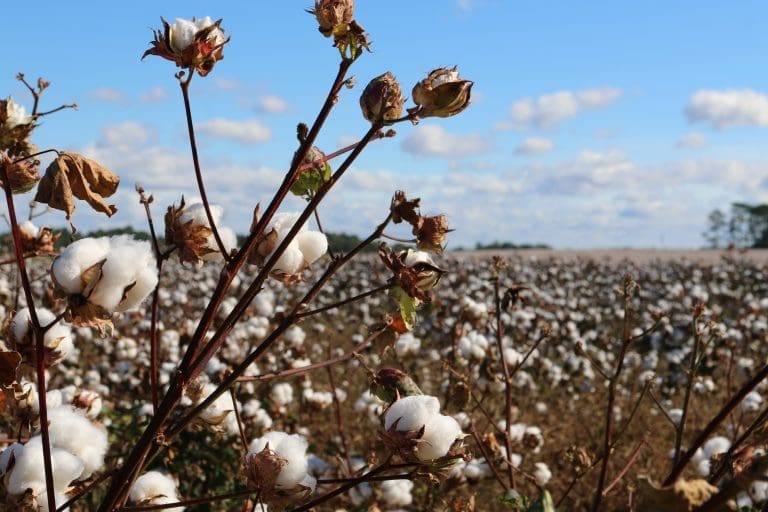

The energy that conventional cotton farming takes is immense too – it causes about 220 billion kilograms of greenhouse gas to escape into our atmosphere per year. By cutting out the use of fertilizers or pesticides, gas omissions from organic cotton farming are far lower. The more efficient irrigation processes that organic cotton introduces also reduce these omissions.
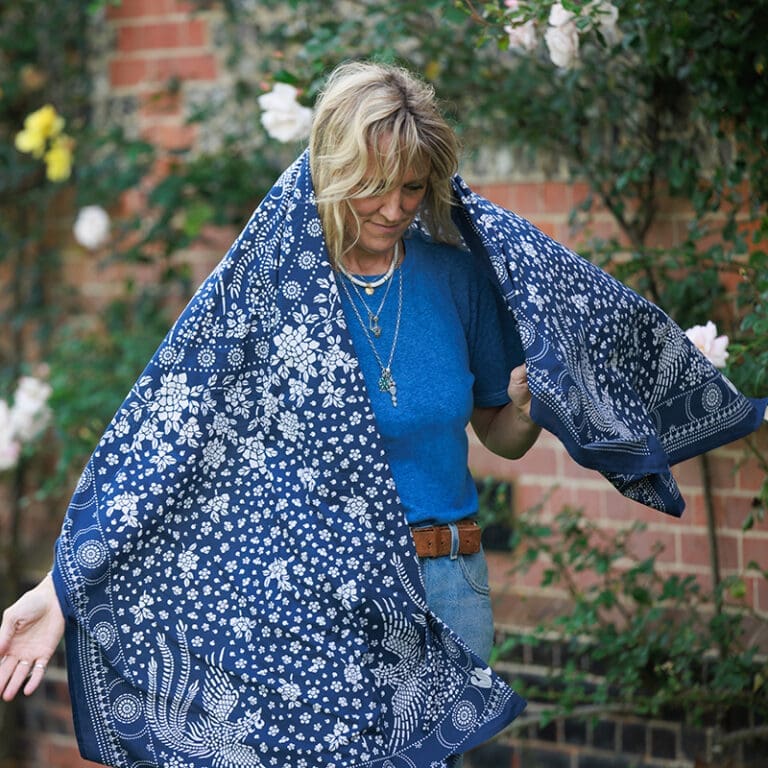

But what does this mean for you? By the time conventional cotton reaches your hands, there have been so many chemicals used to process it. The list ranges not only from the pesticides we mentioned before, but on to things like ammonia – added to precent shrinkage, formaldehyde – used to prevent wrinkles and as a carrier if other dyes have been used on your garment, chlorine bleach – used to whiten fabric and remove stains… the list goes on and on!
If your cotton is certified organic, that is a guarantee that it will be free of these toxic chemicals, which sit on your skin and can be released every time you wash your garment, making it better for your health. This also results in a higher quality garment as organic cotton is a healthier crop without these chemicals and is typically picked by hand making the fibre quality much higher.
As I hope you can see, there’s so much to be gained by working with the earth rather than against it. Not only do we get the greatest benefit from this – contributing to a healthier environment – the quality of your garment goes up too, meaning that it will last in your closet for a lot more years to come!
